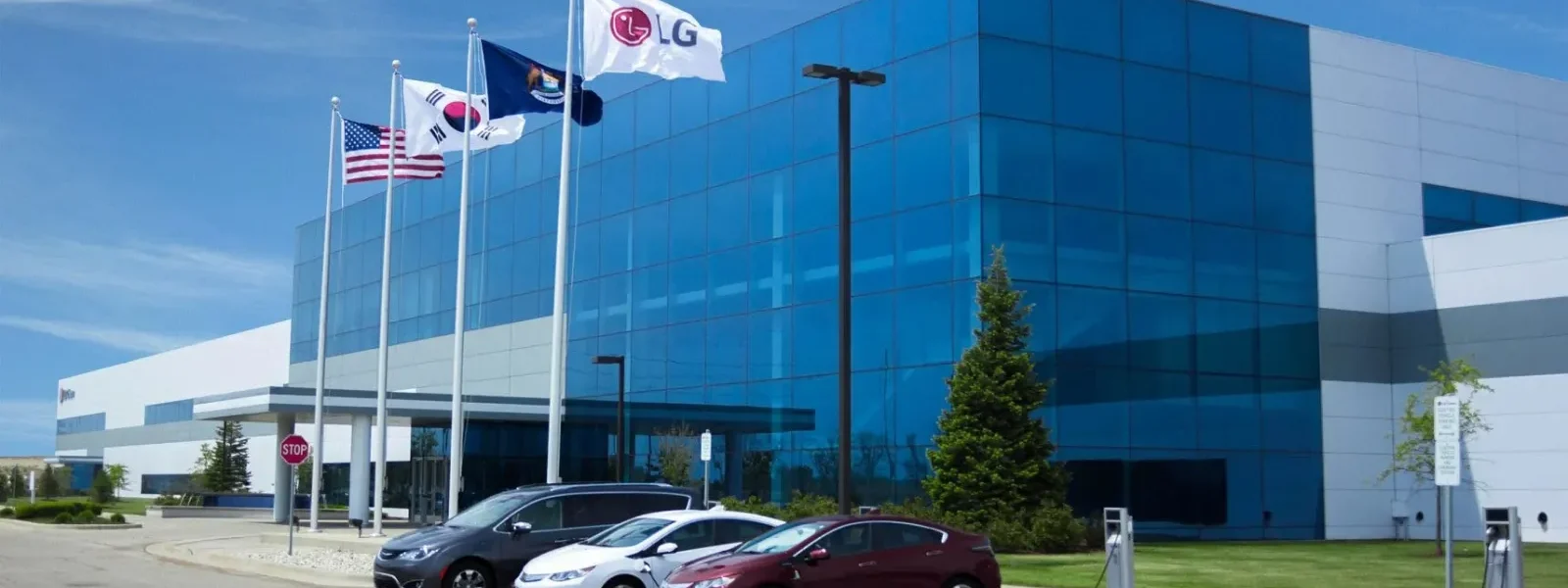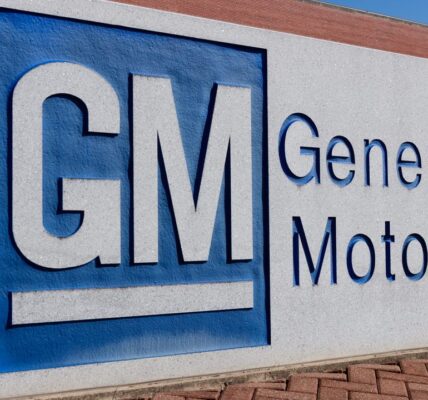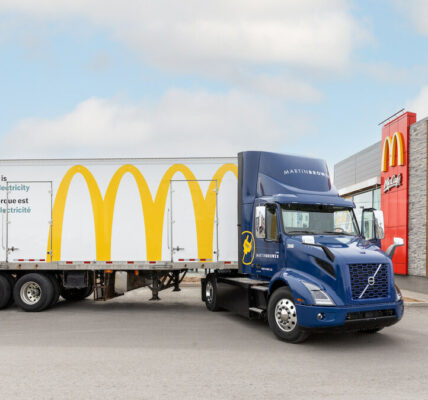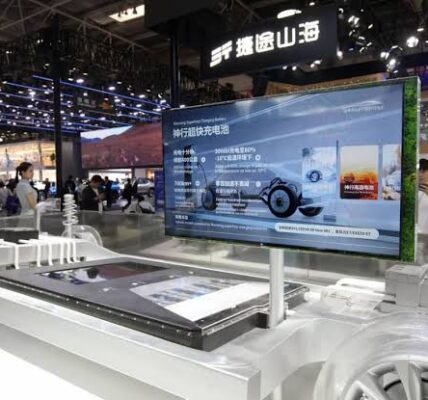The total investment scale for the electric vehicle-specific factory and battery cell joint venture factory that Hyundai Motor Group and LG Energy Solution are building in the state of Georgia in the U.S. has been confirmed at US$7.59 billion. This is an increase of about US$2 billion from the investment amount (US$5.54 billion) Hyundai Motor Group announced last year, mainly due to construction costs rising more than 30% from the initial plans because of inflation.
On Aug. 31 (local time), the state of Georgia announced, “Hyundai Motor Group and LG Energy Solution are investing an additional US$2 billion in the battery cell joint venture (JV) in Savannah, Georgia.” They added, “With this announcement, a total of US$7.59 billion will be invested in the electric vehicle-specific factory and battery cell joint venture, creating 8,500 new jobs in the region over the next eight years.”
The “additional US$2 billion” announced by Georgia includes the battery cell JV investment of “more than $4.3 billion” (final US$4.7 billion) disclosed by Hyundai Motor Group and LG Energy Solution last May. Hyundai clarified on Sept. 1, “There have been no additional investments since the announcement in May.” This indicates that it’s not a new investment plan.
Nevertheless, Georgia’s announcement of the “additional US$2 billion” stems from the final investment amount of US$7.59 billion, an increase of around US$2 billion from the US$5.54 billion that Hyundai Motor Group proposed for the electric vehicle-specific factory and battery cell JV last May.
The reason for the increase is that Hyundai Motor Group originally earmarked approximately US$3 billion for the electric vehicle-specific factory and about US$2 billion for the battery cell JV. The investment for the battery cell JV later increased to over US$4.3 billion. The rise in cost is due to inflation, and there’s been confusion about whether it’s an additional investment or not. An industry insider stated, “Because of inflation, the cost of building a factory now is over 30% higher than in the past.”
The electric vehicle-specific factory is set to start full-scale operations in the second half of next year. This move is to adapt to the U.S.’ Inflation Reduction Act (IRA), which only grants subsidies to electric vehicles produced in North America, leading to an expedited production timeline by about six months. They plan to produce Hyundai, Kia, and Genesis models, with an annual capacity of 300,000 vehicles.
Similarly, the battery cell joint venture is expected to start around the same time. They aim to produce battery cells equivalent to 30 GWh annually in response to the output from the electric vehicle-specific factory.








